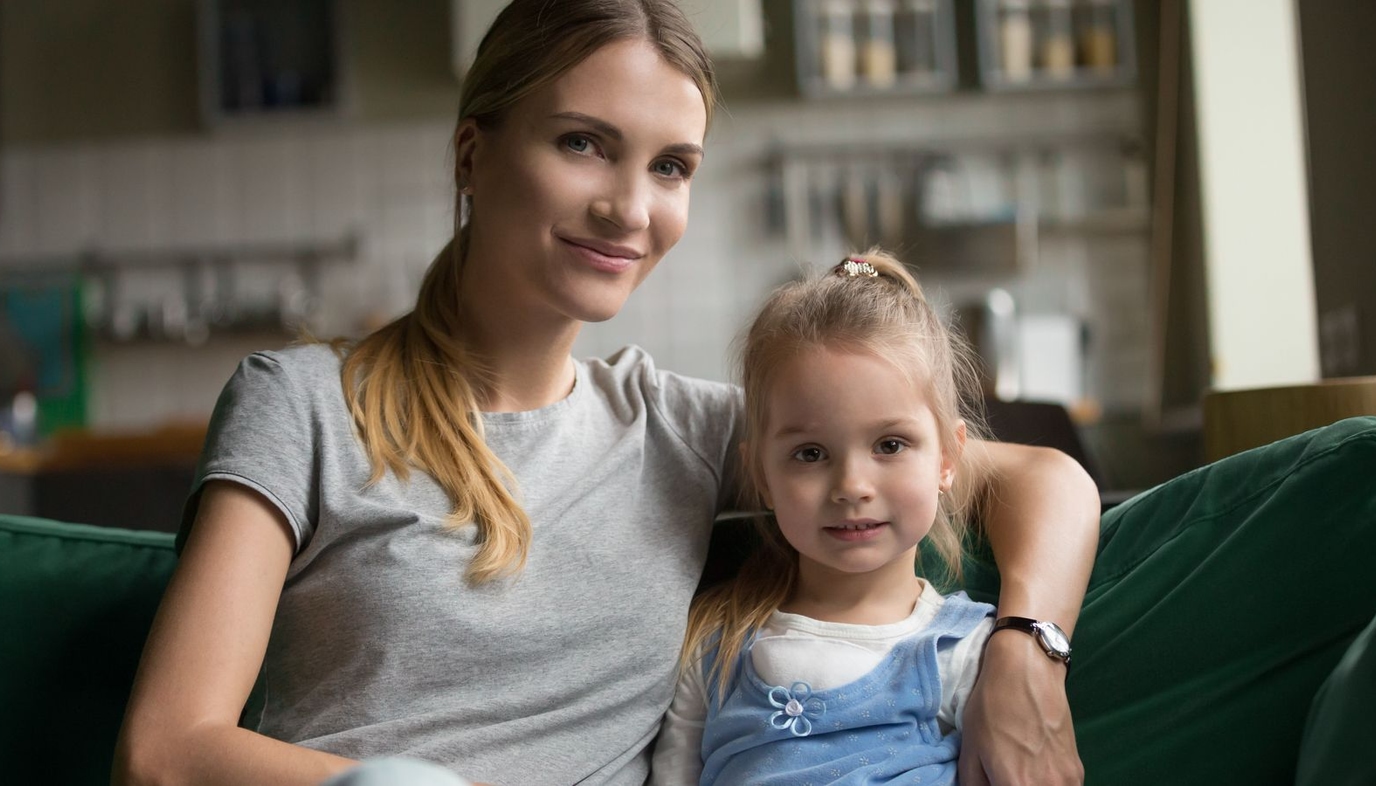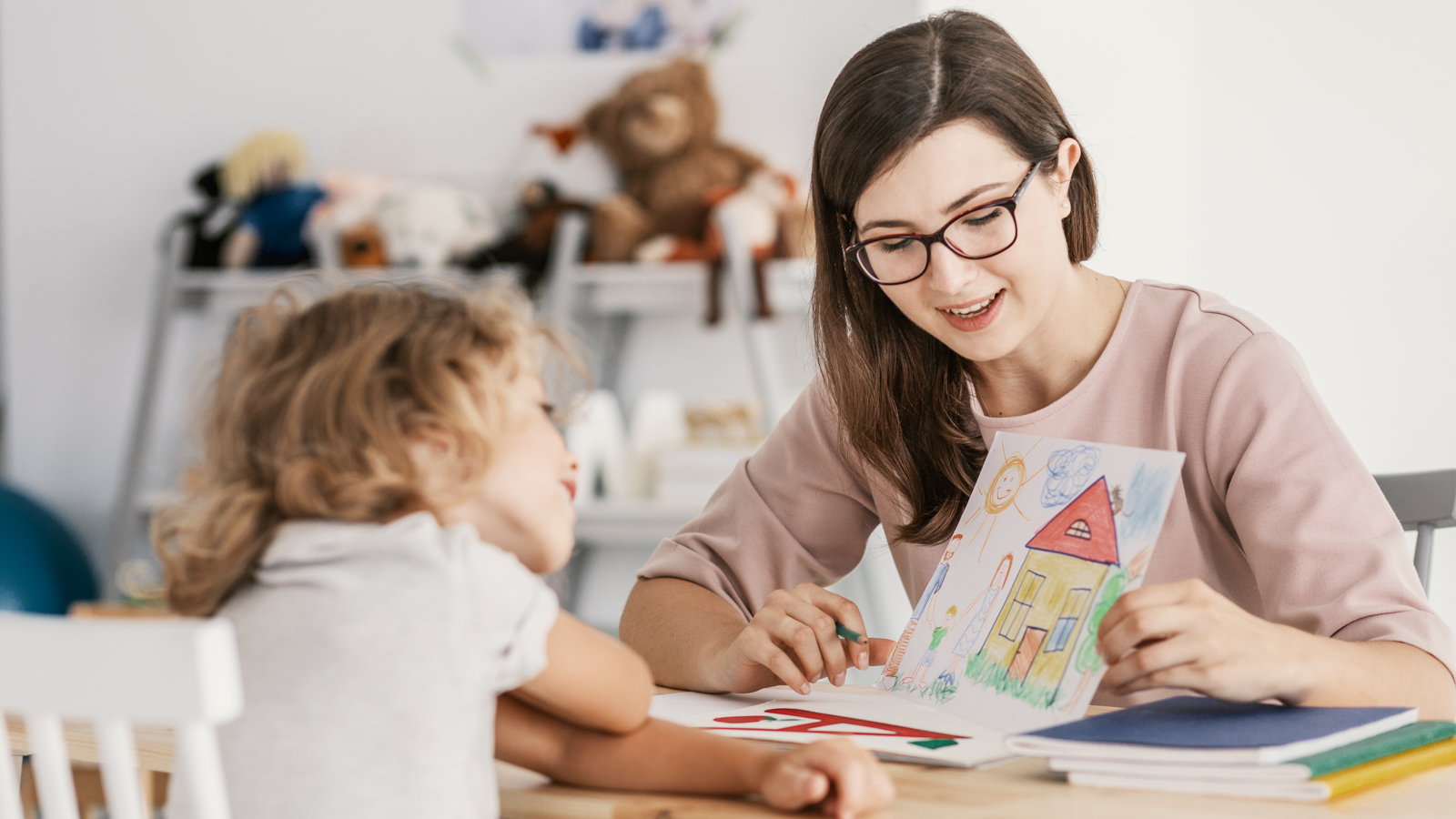
When hearing the word "stepmother," does the image of a wicked stepmother from childhood fairy tales arise? It's time to turn that picture around, and switch "wicked" for "wonderful." Becoming a stepmom can mean you are able to help build a successful blended family. Here are some positive findings to consider:
80 percent of children in stepfamilies turn out fine emotionally and physically
Stepchildren learn to become "resilient"
Kids in stepfamilies experience behaviors of multiple parents, and they get an opportunity to see how their parents can be happier and interact more effectively with a different partner
Blending with Your Partner's Children
When becoming part of a blended family, you may need to prepare yourself from some initial conflicts. During the transition stage, small things might get blown out of proportion. Kids typically "test" their new stepparents, so brace yourself.

Weather any emotional "tempests" that may come your way by:
Stopping to think (try counting to 10) before speaking or acting
Channeling one of your favorite aunts or someone else who is objective, helpful, and caring (but not the mom)
Sons and Daughters in Stepfamilies
Did you know that both boys and girls in blended families say they long for attention in the form of praise or compliments? For girls starting puberty, they face tough times when their dad brings home a new spouse. A daughter may compete with the father's new wife for attention (and the new wife may also compete with the biological mom). If the girl's biological mom has a new spouse, the daughter may vie for attention from her mom's new husband.
Although fine differences are found between the ways boys and girls handle stepfamily dynamics, there appears to be more conflict, resentment, and tension between stepfathers and stepdaughters, especially during puberty. Sons generally seem to accept a stepfather faster than do daughters, but there are exceptions.
Different Ages, Different Behaviors
Both younger and older kids (up through adulthood) may suffer a decline in their academic performance as a result of living in a blended household.
If you are parenting elementary-school children, behavior issues and depression may crop up. See "tips for coping" (below) for some ways to prevent or resolve these issues.
If you are parenting adolescents, you may find the effects of a blended family on them to be more pronounced. At this point in a child's life, a remarriage presents a heavy burden. This is a critical time when kids start forming their individual identities. Some teenagers react by trying out drugs or having sexual exploits. Others become combative and pick fights with both stepparents and biological parents.
Tips for Coping and Bonding with Step Kids
A study tracked children (6-years-old at the time of parents' remarriage), moms, and stepdads over seven years. In the first phase of remarriage, there were increased behavior issues among the kids. However, during the next two years, these problems began to dwindle.
How can you establish a solid foundation with your new stepfamily to get off to a good start? Begin by addressing the kids' basic needs. By taking the steps that are outlined below, you'll be on the path to building a solid relationship over time:
Help kids feel secure. Reassure them; help them to feel safe and loved. Children experiencing divorce and remarriage already have been dealing with their own emotional turmoil, and need some extra TLC.
Agree on how to manage your blended family. It will help prevent confusion if you and your new spouse establish ways to handle discipline and other issues.
Set simple house rules. Agree on boundaries. The kids in the blended family may resist this, but setting up guidelines shows that you and your partner are making a good-faith effort to set order in the home. A lack of limits could send the unintended message that the children are unworthy of a stepparent's attention and care.
Be sure that respect is key. The children fare better when all parents involved treat one another with respect. Kids will observe any type of hostility that exists between their divorced biological parents. If they experience disrespectful behavior, they could start imitating it. Angry interchanges between co-parents can make kids feel uncomfortable about spending time freely with either set of parents.
By maintaining respect among family members, you can be a good role model and reinforce the important value of showing respect to others. The stepkids will take notice and respond to the consideration they get from biological parents and stepparents alike. You can help them gain a valuable perspective of seeing remarried adults who are able to co-parent and live together in a cooperative, thriving relationship. They will learn that there are many different types of "happily ever after."

